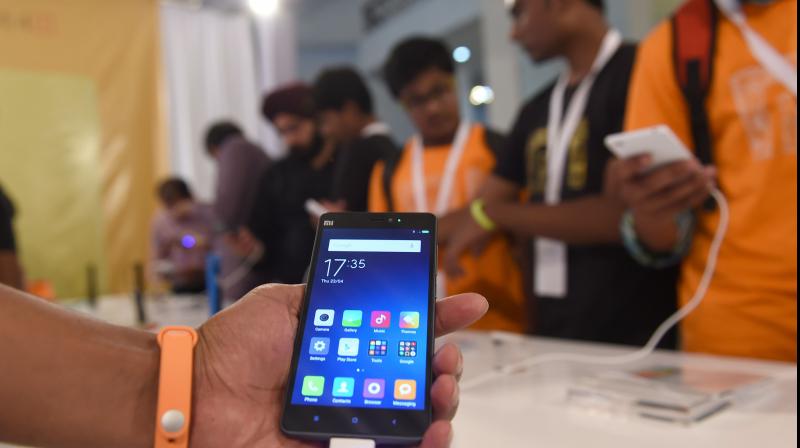
ED ‘lacks understanding’ of royalty payment issue, say cellular firms

The India Cellular and Electronics Association (ICEA) has complained to the Union government against Enforcement Directorate’s (ED) “lack of understanding” on issues concerning royalty payments.
The association has said that ED’s ignorance has hurt cellular companies like Xiaomi and Oppo dearly and affected their business prospects in India.
Chinese phone maker Xiomi, which sells cellphones in India under the name MI, has been accused by the Enforcement Directorate of violating provisions of the FEMA Act by transferring money in the name of ‘technology royalty’ to three companies outside India — two in the US and one in China.
In a letter addressed to several ministries dated May 30, the ICEA refrained from mentioning Xiomi’s name but stated that blaming mobile companies of illegal royalty payments could have a “chilling effect” on businesses in India.
The association questioned the ED’s “stance that royalty is a simple way to take money out of India”.
“We appreciate that it is the duty of agencies to identify malpractice in India, but in this case, they are not well-briefed. Patent implementers are doubly embattled paying onerous royalty on one side, and facing and fearing enforcement actions on the other,” the letter written by the association read.
The letter was addressed to the finance, trade and technology ministers of India.
Xiaomi is facing intense scrutiny from the ED for allegedly remitting “foreign currency equivalent to INR 5,551.27 Cr to three foreign based entities which include one Xiaomi group entity in the guise of Royalty”.
Earlier, the Karnataka High Court granted temporary relief to Xiaomi India with an interim order, allowing the Chinese tech giant to operate its seized bank accounts for day-to-day activities. But a few days later, the company approached the court complaining that the ED threatened its top executives, including India managing director Manu Kumar Jain, of “physical violence” and coercion.
Also read: ED seizes Xiaomi India’s assets worth over ₹5,551 crore
In reply, the ED rubbished Xiaomi claims of coercion. In a statement issued recently, the Enforcement Directorate stressed that it is ‘a professional agency with strong work ethics, and there was no coercion or threat to the officers of the company at any point of time’.
“Allegations statement of the officials of Xiaomi India was taken under coercion by ED is untrue and baseless… officials of Xiaomi India deposed their statements before ED under FEMA voluntarily in the most conducive environment on various occasions,” the agency was quoted by news agency PTI.
Meanwhile, there were media reports that suggest that the Income Tax Department of India has authorised freezing of $478 million lying in Xiaomi’s local bank accounts as part of its ongoing probe into the alleged tax evasion.
On the other hand, Xiaomi has claimed that the action against it is guided by the fact that it is a Chinese firm. Xiaomi clarified that the payments it made outside India were actually royalty remittances for using patented technology.
India has been acting tough against Chinese companies ever since clashes broke out between the Indian Army and their Chinese counterparts in Ladakh in 2020. During this time, the Centre banned over 200 Chinese apps.

